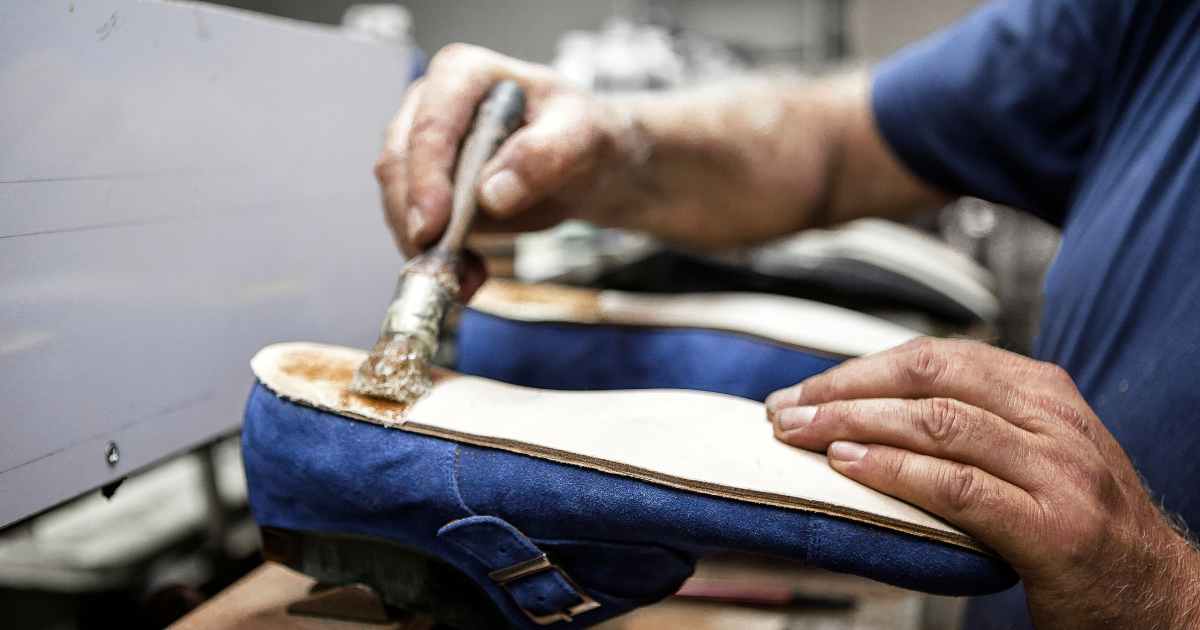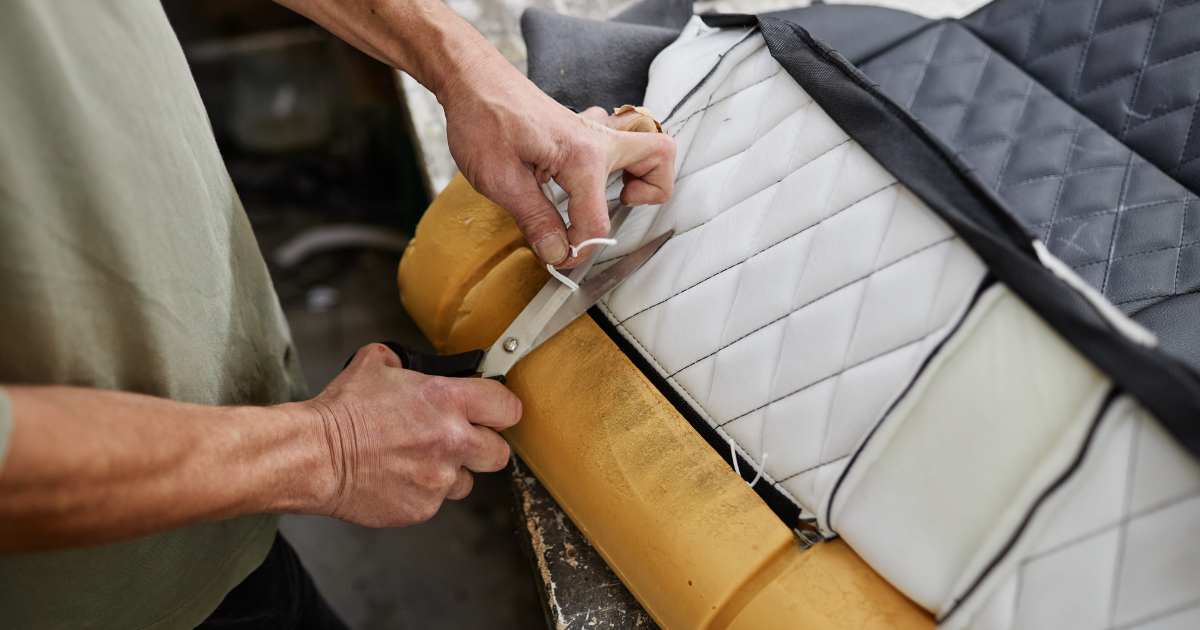
If you love shoes and you’re great at handy work, then shoe repairs might be the best business idea for you. Repairing shoes might not seem like a lucrative business but it can bring in good money. To start your own shoe repair business, you need to know how to start one first.
Shoe repairers are known as cobblers. Cobblers are people who repair and restore footwear (shoes). Typically they offer services such as resoling, heel replacement, leather cleaning and colour restoration. And although they do so much, repairing shoes is still the core of the business.
If you’re looking to become a cobbler, you will need the necessary skills and business savviness to make your business a success.
In this article, we go through all the steps you need to go through to start your shoe repair business.
Step 1: Register Your Business
Unlike other businesses where market research takes precedence, with this business you need to register first. As we all know (or should know), all businesses are registered with the Companies and Intellectual Property Commission (CIPC).
To register your shoe business, you need the following documents:
- Certified copy of your ID.
- Details and ID copies for company director(s).
- Your contact details (phone, address etc).
- Company registration form (CoR14.1)
- Memorandum of Incorporation (MOI).
These are the basic documents you will need to register your business. You will also state the name of your business on the application form.
Note: It costs R 175 to register your company and reserve your company name with the CIPC. It’s R 125 for company registration only.
Step 2: Market Research
Now, it’s time to start doing some quick market research. This will help you effectively outline some of the important aspects of your business such as demand, location, pricing, potential customers and the services you provide.
Demand
You need to research whether there is a demand in your area for a shoe repair business. This will help you determine what services besides shoe repair you can offer. You can also examine your competition to see if the demand is enough. If your competitors are thriving, then there is a demand, but if they are struggling, then you might need to rework your business model.
Location
Location, location, location. Every business, regardless of size, needs to choose a good location for its operations. Location can be determined by demand, infrastructure resources and your target market (customers).
If you are looking to charge a high price for your services, it’s best to place your business operations in an area where people will pay high prices (city and suburban). If you want to be economically friendly, you can target small city areas and townships. These areas will still make you a good profit as you are more likely to get a lot of customers.
Pricing
To determine the prices for your services, you need to do more research. First, you need to check out how much your competitors are charging for their services. This will help you determine your pricing and also give you more insights into consumer behaviour.
Additionally, creating a comprehensive pricing strategy will help you see how much profit you could possibly make. The pricing of your services needs to be balanced between affordability and making a profit.
Services
As we know, cobblers can do more than just shoe repairs. You can expand your business to do more than just one thing. You can offer services such as leather repair, colour restoration, shoe detailing, shoe washing and shoe manufacturing.
By expanding your services to more than just repairs, you can create a second revenue stream. This is great because scaling your business won’t be hard and you can easily make more money.
Now that you have done comprehensive research and study of your market, you can begin with the next phase, which is funding.
Equipment/Inventory
Next on the list is to find out how much your supplies are going to cost you. To successfully repair shoes, you will need the following tools:
- Awls and needles.
- Punches and hammers.
- A nail machine.
- Container(s) and a glue pump.
- A cutting machine (if applicable).
- Cleavers.
- Nail extraction tool(s).
- Trimmers.
These are just the basics needed for shoe repair services. If you decide to add other kinds of shoe-related services, your inventory list will get longer.
Step 3: Finding Funding for Your Business
Shoe repair and its many services fall under the personal services sector and (sometimes) the manufacturing sector. It’s good to know which sector your business falls under so that you can find the right lenders and funding opportunities.
Some of the best funding programmes/lenders for your business include:
Clothing, Textiles, Footwear and Leather Growth Programme
This programme is developed and run by the Department of Trade, Industry and Competition (DTIC). The aim of this programme is to grow employment and competitiveness in the clothing, textiles, footwear, leather and leather goods manufacturing sectors.
To find out more information about this programme, read through the guidelines to see if you qualify. You can find the first application form by following the link.
Note: This programme has forms one, two, three and four that you need to complete. Ensure you fill out each form properly to avoid your application being denied.
Small Enterprise Finance Agency (SEFA)
Government agency Sefa has a financing solution called the Apex Finance Fund. This programme provides financing to businesses looking for funding to start or grow. You can get funding of up to R 5 million.
iMbewu Fund
The iMbewu fund is an initiative of the National Empowerment Fund (NEF). The programme supports black entrepreneurs looking for funding to start new businesses. It also supports operating black-owned businesses with expansion capital.
Traditional Lenders
If you feel like applying to funding programmes is not for you, you can approach traditional lenders. Traditional lenders are institutions such as banks and lending platforms (think Lulalend and Retail Capital).
You can apply for a normal business loan or even a personal loan from these lenders. You can use the loan for anything that your shoe repair business will need. However, ensure that when you apply for any loans, you will be able to pay them back.
Now that you have all the tools, research and proper documentation (CIPC registration), you can go ahead and start your shoe repair business. It will be hard work, and it will be labour-intensive, but it will all be worth it once you have a solid customer base and profits start coming in.
Considering a shoe-repair business? A great value-add is to include a sneaker cleaning service.






